 A Consumer’s Guide to Pesticides in Produce (starts 7:55) You may be wondering if you washed the strawberries, blueberries or kale that you had for breakfast this morning enough to rid them of residue of potentially harmful pesticides. That is, if they were conventionally, not organically, grown. According to the U.S. Department of Agriculture, more than 200 different pesticides remain in some form on popular fruits and vegetables that Americans eat every day. And before testing all the produce, the USDA thoroughly washes and peels them. Such tests show that simply washing produce does not remove all pesticides. In a recently released report, as part of its “Shopper’s Guide to Pesticides in Produce,” The Environmental Working Group ranked the pesticide contamination of 47 popular fruits and vegetables. Its analysis, which was based on results of nearly 50,000 samples of produce that the USDA tested, found that 70 percent of produce contains pesticide residues. But don’t despair: There is also good news in the report. Sydney Evans, a science analyst at EWG, and Liza Gross, an independent investigative reporter, speak with host Susan Moran about the EWG report and the broader societal and environmental implications of pesticides. See Liza Gross’ articles on pesticides and other issues.
A Consumer’s Guide to Pesticides in Produce (starts 7:55) You may be wondering if you washed the strawberries, blueberries or kale that you had for breakfast this morning enough to rid them of residue of potentially harmful pesticides. That is, if they were conventionally, not organically, grown. According to the U.S. Department of Agriculture, more than 200 different pesticides remain in some form on popular fruits and vegetables that Americans eat every day. And before testing all the produce, the USDA thoroughly washes and peels them. Such tests show that simply washing produce does not remove all pesticides. In a recently released report, as part of its “Shopper’s Guide to Pesticides in Produce,” The Environmental Working Group ranked the pesticide contamination of 47 popular fruits and vegetables. Its analysis, which was based on results of nearly 50,000 samples of produce that the USDA tested, found that 70 percent of produce contains pesticide residues. But don’t despair: There is also good news in the report. Sydney Evans, a science analyst at EWG, and Liza Gross, an independent investigative reporter, speak with host Susan Moran about the EWG report and the broader societal and environmental implications of pesticides. See Liza Gross’ articles on pesticides and other issues.
Hosts: Maeve Conran, Susan Moran
Producer: Susan Moran
Engineer: Maeve Conran
Additional Contributors: Chip Grandits, Beth Bennett, Gretchen Wettstein
Executive Producer: Joel Parker
Listen to the show here:
Podcast: Play in new window | Download (Duration: 27:25 — 25.1MB)
Subscribe: RSS

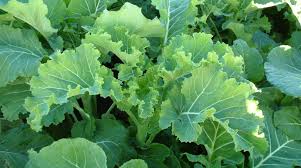




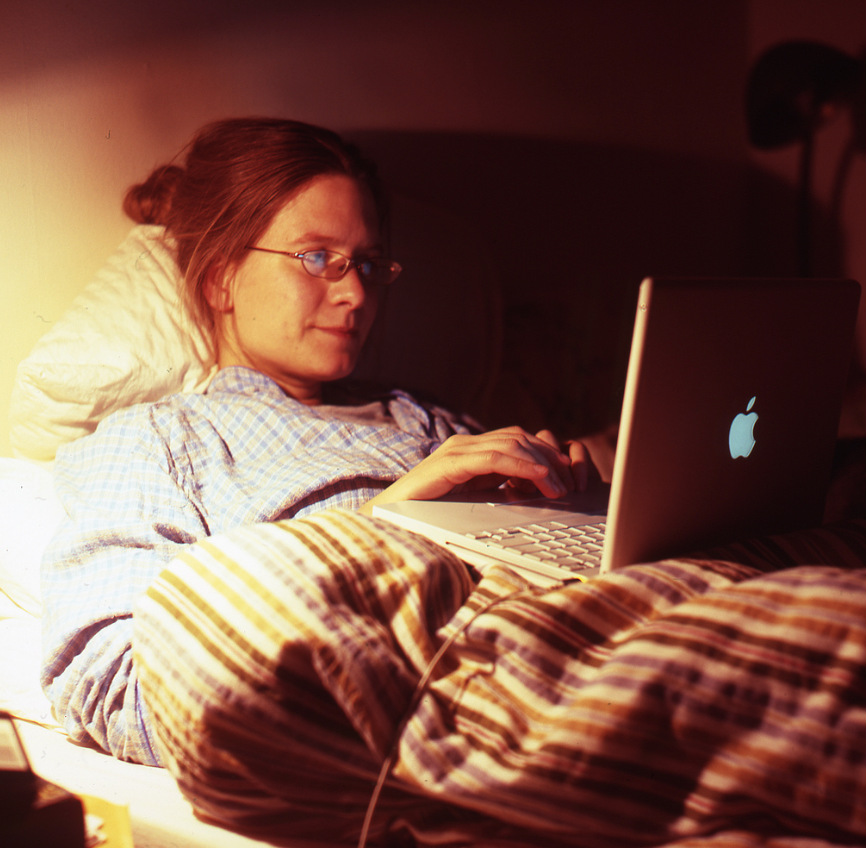
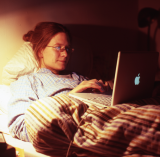 This week’s How On Earth offers two features:
This week’s How On Earth offers two features: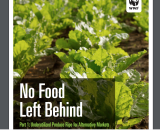 Fixing Food Waste (start time: 17:59) We’re all guilty of it: waste. Tossing out peaches, broccoli and other food that has gone bad in the fridge. Or leaving pasta on our plate untouched at an Italian bistro. More than one-third of all food that is produced in the United States is wasted – in the field, at restaurants, in our own kitchens. The conservation organization World Wildlife Fund recently published a report on the huge environmental and health impacts of food waste, and on what can be done to reduce waste, and ultimately preserve grasslands and other natural habitat. Monica McBride, manager of
Fixing Food Waste (start time: 17:59) We’re all guilty of it: waste. Tossing out peaches, broccoli and other food that has gone bad in the fridge. Or leaving pasta on our plate untouched at an Italian bistro. More than one-third of all food that is produced in the United States is wasted – in the field, at restaurants, in our own kitchens. The conservation organization World Wildlife Fund recently published a report on the huge environmental and health impacts of food waste, and on what can be done to reduce waste, and ultimately preserve grasslands and other natural habitat. Monica McBride, manager of 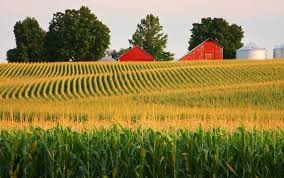
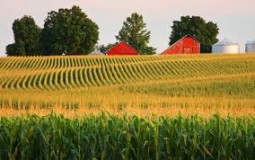
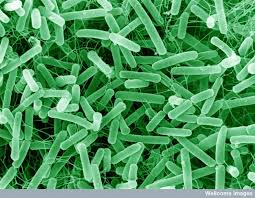

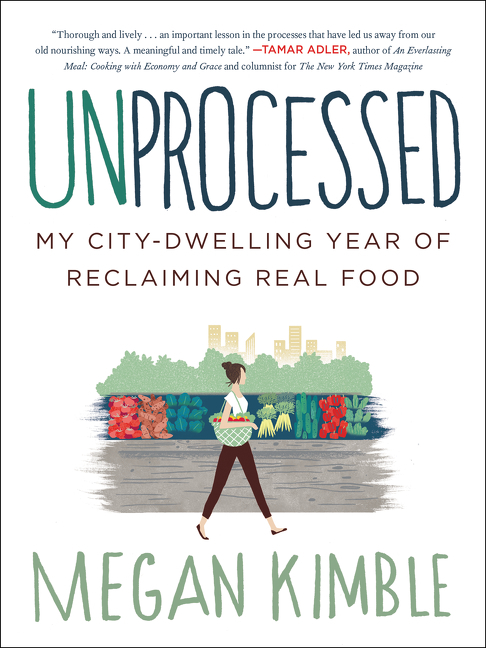
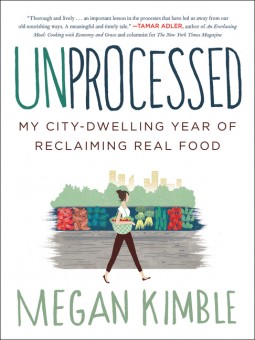 Real Food (start time 4:20): What we eat , and how we eat, is inextricably connected to our own health as well as the health of the planet. Every decision we make—whether to bake a chocolate cake or buy it from Safeway or at a Farmer’s Market—is full of nuances and even contradictions.
Real Food (start time 4:20): What we eat , and how we eat, is inextricably connected to our own health as well as the health of the planet. Every decision we make—whether to bake a chocolate cake or buy it from Safeway or at a Farmer’s Market—is full of nuances and even contradictions. 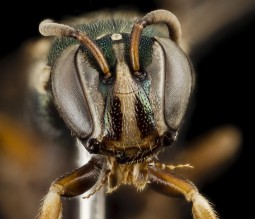
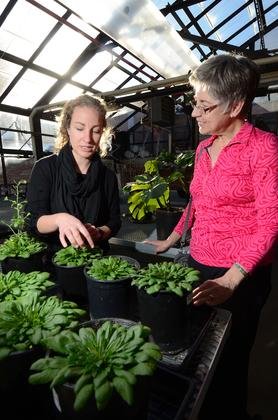



 Facing the Wave (starts at 04:50) Yesterday marked the two-year anniversary of the devastating earthquake and tsunami that rocked and partially devoured the northeastern coast of Japan. Although prone to earthquakes, the Tōhoku event hit a magnitude of 9.0, tying it for fourth largest earthquake on record according to the United States Geological Survey—a magnitude greater than scientists thought possible for this region.
Facing the Wave (starts at 04:50) Yesterday marked the two-year anniversary of the devastating earthquake and tsunami that rocked and partially devoured the northeastern coast of Japan. Although prone to earthquakes, the Tōhoku event hit a magnitude of 9.0, tying it for fourth largest earthquake on record according to the United States Geological Survey—a magnitude greater than scientists thought possible for this region. Pandora’s Lunchbox (starts at 14:38) Did you ever think how long that energy bar you ate while skiing recently would last in tact beyond the expiration date? Or that bag of Oreo cookies you devoured last night? Melanie Warner, a local journalist and former staff writer at the New York Times, started thinking about it so much that she began experimenting with leaving some processed foods out way beyond their expiration date. What she found was shocking, and led her to explore deeply into the “processed food industrial complex.” The result is a new book called “
Pandora’s Lunchbox (starts at 14:38) Did you ever think how long that energy bar you ate while skiing recently would last in tact beyond the expiration date? Or that bag of Oreo cookies you devoured last night? Melanie Warner, a local journalist and former staff writer at the New York Times, started thinking about it so much that she began experimenting with leaving some processed foods out way beyond their expiration date. What she found was shocking, and led her to explore deeply into the “processed food industrial complex.” The result is a new book called “